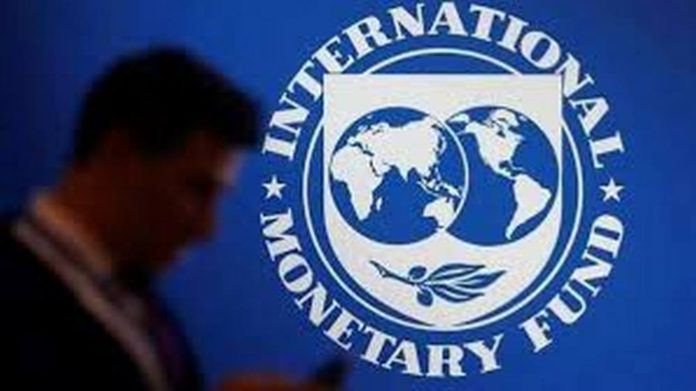The International Monetary Fund (IMF) has stated in its new analysis that almost 40.0% of global employment is exposed to Artificial Intelligence.
Historically, it said, automation and information technology have tended to affect routine tasks, but one of the things that sets AI apart is its ability to impact high-skilled jobs.
As a result, advanced economies face greater risks from AI—but also more opportunities to leverage its benefits—compared with emerging market and developing economies.
In advanced economies, about 60% of jobs may be impacted by AI. Roughly half the exposed jobs may benefit from AI integration, enhancing productivity.
For the other half, AI applications may execute key tasks currently performed by humans, which could lower labor demand, leading to lower wages and reduced hiring. In the most extreme cases, some of these jobs may disappear.

In emerging markets and low-income countries, by contrast, AI exposure is expected to be 40 percent and 26 percent, respectively. These findings suggest emerging markets and developing economies face fewer immediate disruptions from AI.
At the same time, the report said, many of these countries don’t have the infrastructure or skilled workforces to harness the benefits of AI, raising the risk that over time the technology could worsen inequality among nations.

